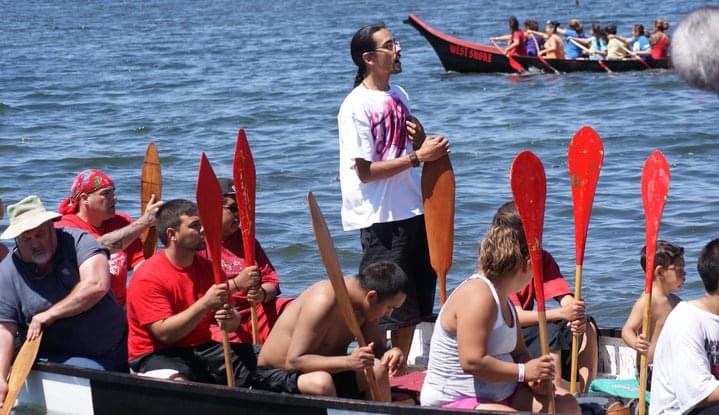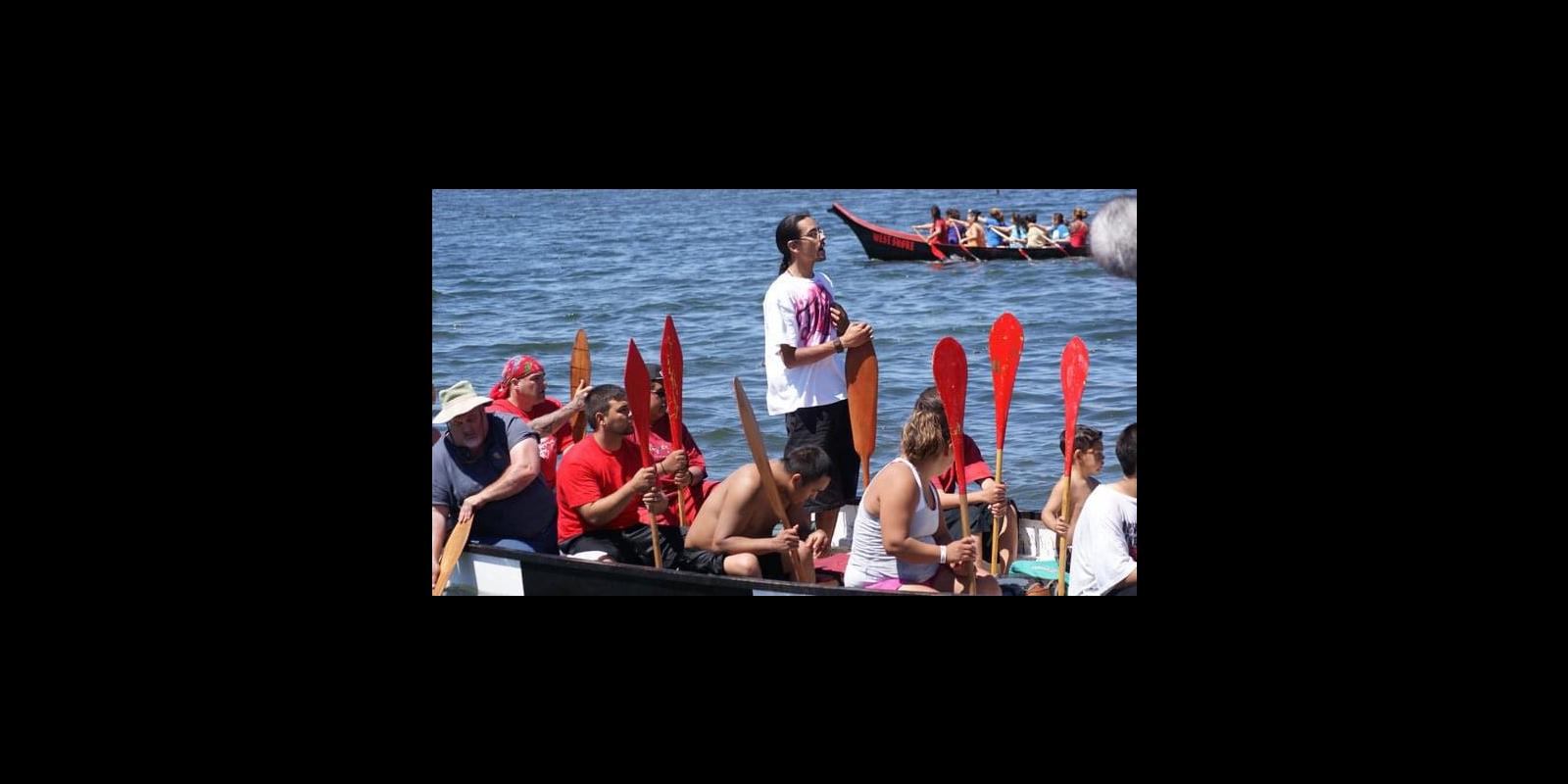
The Lower Elwha Klallam Tribe will host the Intertribal Canoe Journey from July 31 to August 5, marking their second time hosting this significant annual gathering of Northwest Indigenous canoe cultures since 2005. This hosting occurs twenty years after the Washington state Department of Transportation desecrated Tse-whit-zen, an ancestral village and burial site where people had lived for 2,700 years. Despite tribal warnings about the site's cultural significance, state construction work damaged the area before being stopped, ultimately recovering 335 human remains and over 100,000 artifacts. The tribe's first hosting in 2005, just eight months after this trauma, served as healing medicine for the community. Now they prepare to welcome over 100 canoes—a significant increase from their previous 76-79 canoes—representing both celebration of cultural resilience and acknowledgment of ongoing restoration work. The timing is particularly meaningful, occurring nearly 15 years after removal of salmon-blocking dams on the Elwha River began, though challenges persist, including a recent fuel spill that killed thousands of salmon fingerlings.
Photo by Maria Orloff
The Intertribal Canoe Journey emerged from the 1989 Paddle to Seattle, organized by Quinault culture bearer Emmett Oliver, which revitalized Indigenous maritime traditions suppressed by government assimilation policies. Since the first annual Journey in 1993, the event has grown into a powerful cultural renaissance, bringing back canoe carving arts, suppressed languages, dances, songs, and potlatch ceremonies previously banned. The Journey serves as a metaphor for Indigenous resilience—just as canoe pullers endure physical challenges and rough seas, tribal nations have survived cultural suppression, treaty challenges, and environmental destruction. The five-day potlatch will feature traditional foods, dancing, singing, and protocol presentations where visiting nations share their languages and teachings. Each Journey costs at least $1 million to host and represents remarkable athletic achievements, with canoe families traveling vast distances across ancestral marine highways, strengthening intertribal bonds while preserving their lifeways for future generations.
Read original ICT news article by Richard Arlin Walker
Jason LaClair Moon Mask tank top

